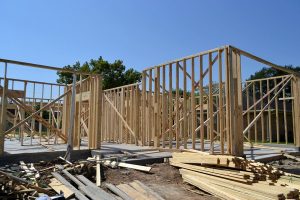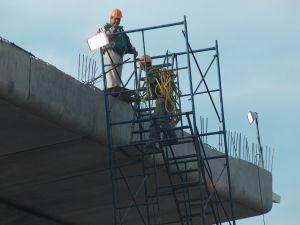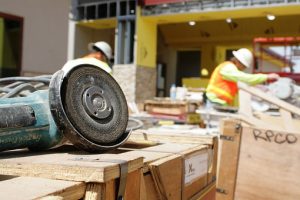New Jersey construction law involves many complex issues. However, one of the most common is also the most basic: Contractors and subcontractors getting paid for their work. The Appellate Division recently issued a published opinion on this topic in the case of JHC Industrial Services, Inc. vs. Centurion Companies, Inc., exploring one of the most potent tools which contractors and subcontractors can use to get paid: New Jersey’s Prompt Payment Act.
to get paid: New Jersey’s Prompt Payment Act.
Background: The JHC Case
JHC Industrial Services, Inc. subcontracted to do demolition work on a project for Centurion Companies, Inc., which had in turn subcontracted with the general contractor to perform the work. JHC performed the work in full, and the general contractor accepted the work and paid Centurion in full. However, Centurion withheld $30,500 from JHC for no apparent reason other than not wanting to pay. JHC therefore filed a construction lien against the property and sued Centurion in the Superior Court of New Jersey for violation of the New Jersey Prompt Payment Act. The matter took two years reach conclusion. A trial was held, and JHC prevailed on all its claims. JHC won and received judgment against Centurion for $30,500, the full amount it claimed was owed. JHC requested $104,670.51 in “reasonable costs and attorney fees” pursuant to the fee shifting provisions of the Prompt Payment Act. The trial judge, however, awarded only $12,250.40 in attorneys fees and $4,125.33 in litigations costs for a total award of $16,375.73. The judge explained that he did not believe he could “grant over $100,000 in fees on a judgment that could not have exceeded $30,500.”
 law.
law. New Jersey Lawyers Blog
New Jersey Lawyers Blog



 to get paid: New Jersey’s
to get paid: New Jersey’s  to use
to use  implications for contractors. The decision is published, so it is precedent for future cases in which contractors challenge the award of New Jersey construction contracts by state and local governments. In this post I won’t dwell on the details of which contractor was right and which was wrong, but rather I’ll focus on the Appellate Division’s examination of the procedures followed, which is a cautionary tale about the ability of New Jersey construction contractors to meaningfully object to the award of public contracts.
implications for contractors. The decision is published, so it is precedent for future cases in which contractors challenge the award of New Jersey construction contracts by state and local governments. In this post I won’t dwell on the details of which contractor was right and which was wrong, but rather I’ll focus on the Appellate Division’s examination of the procedures followed, which is a cautionary tale about the ability of New Jersey construction contractors to meaningfully object to the award of public contracts. is to have a well-written contract.
is to have a well-written contract. A recent decision in the case of
A recent decision in the case of